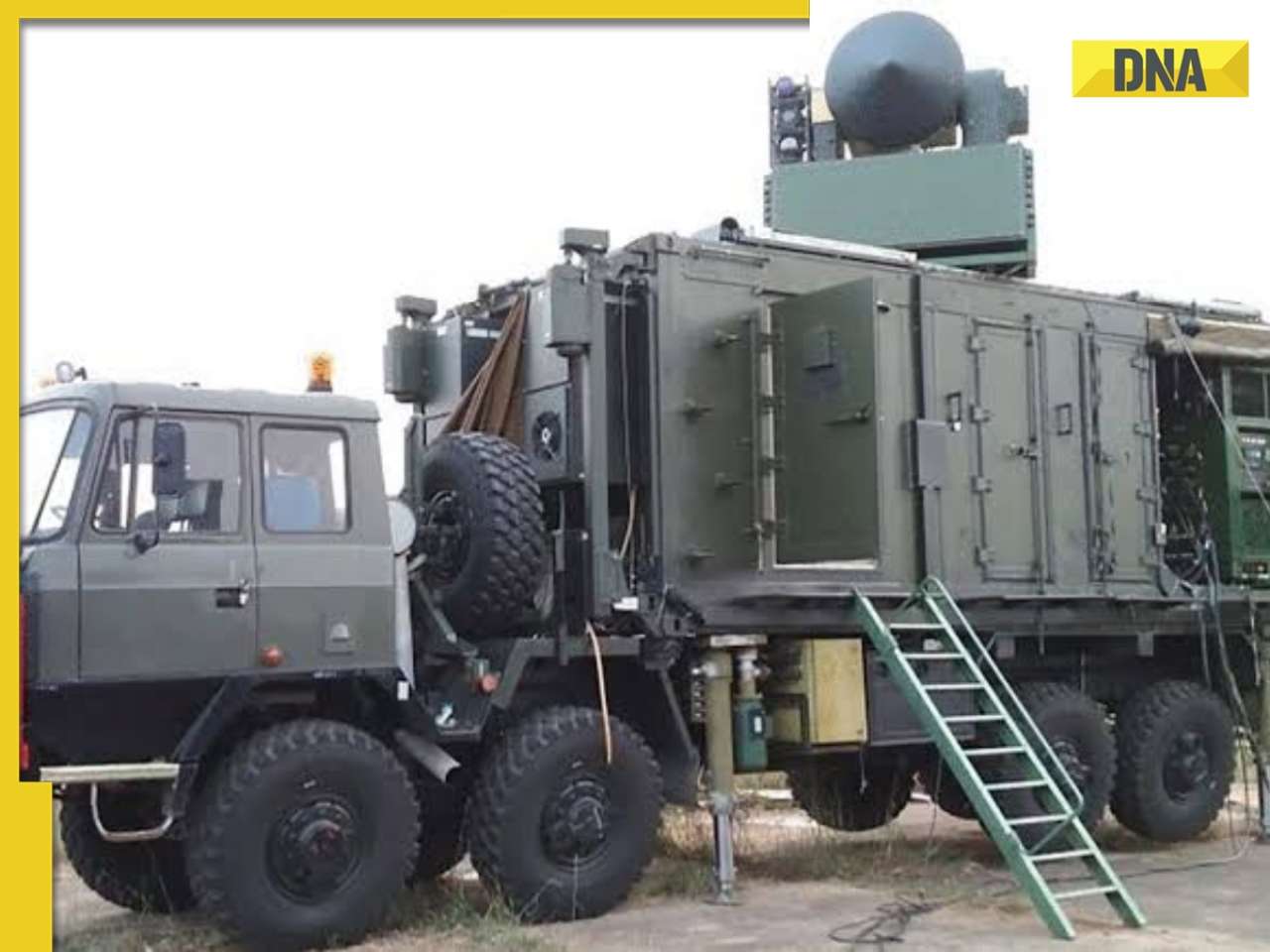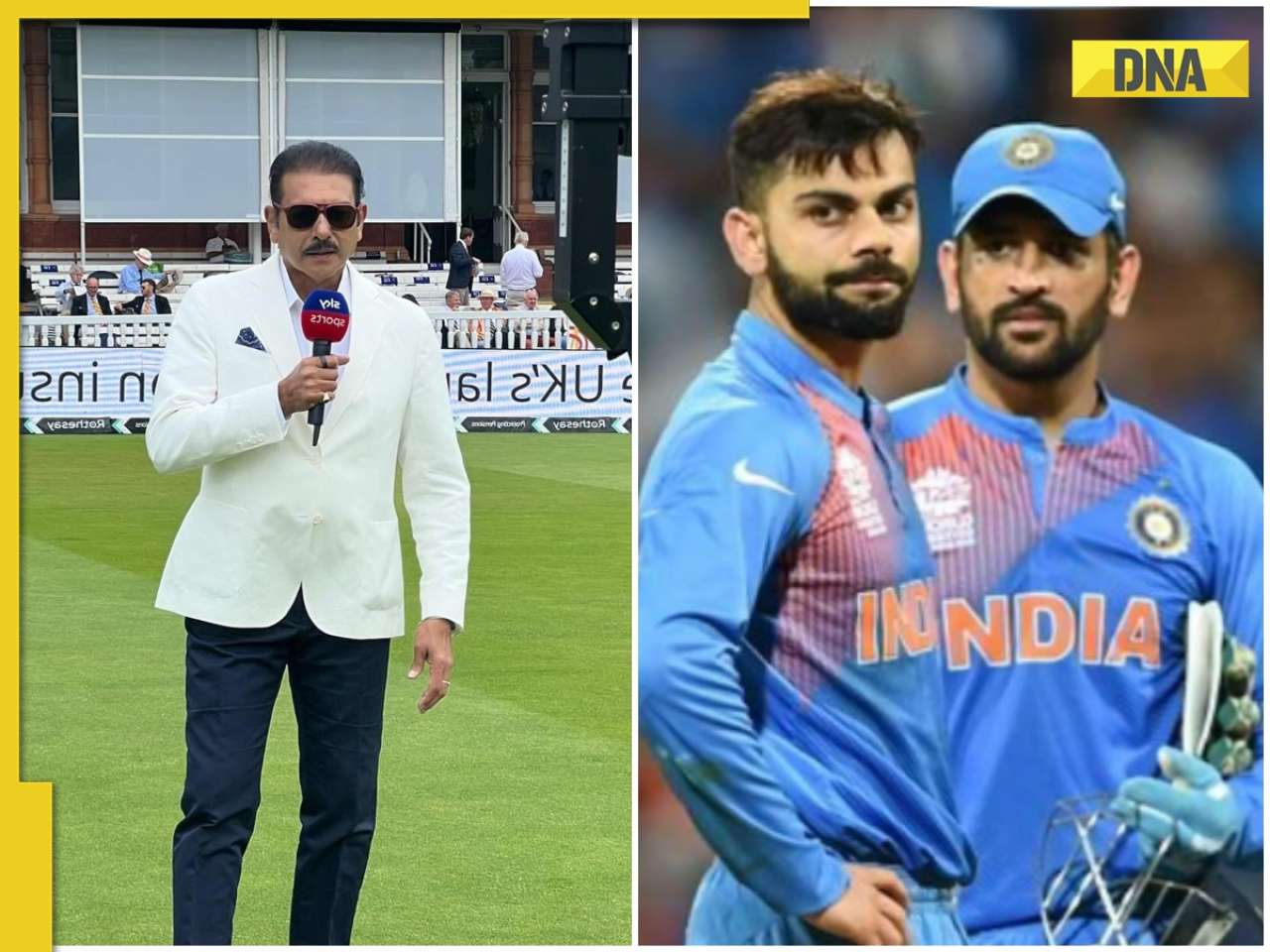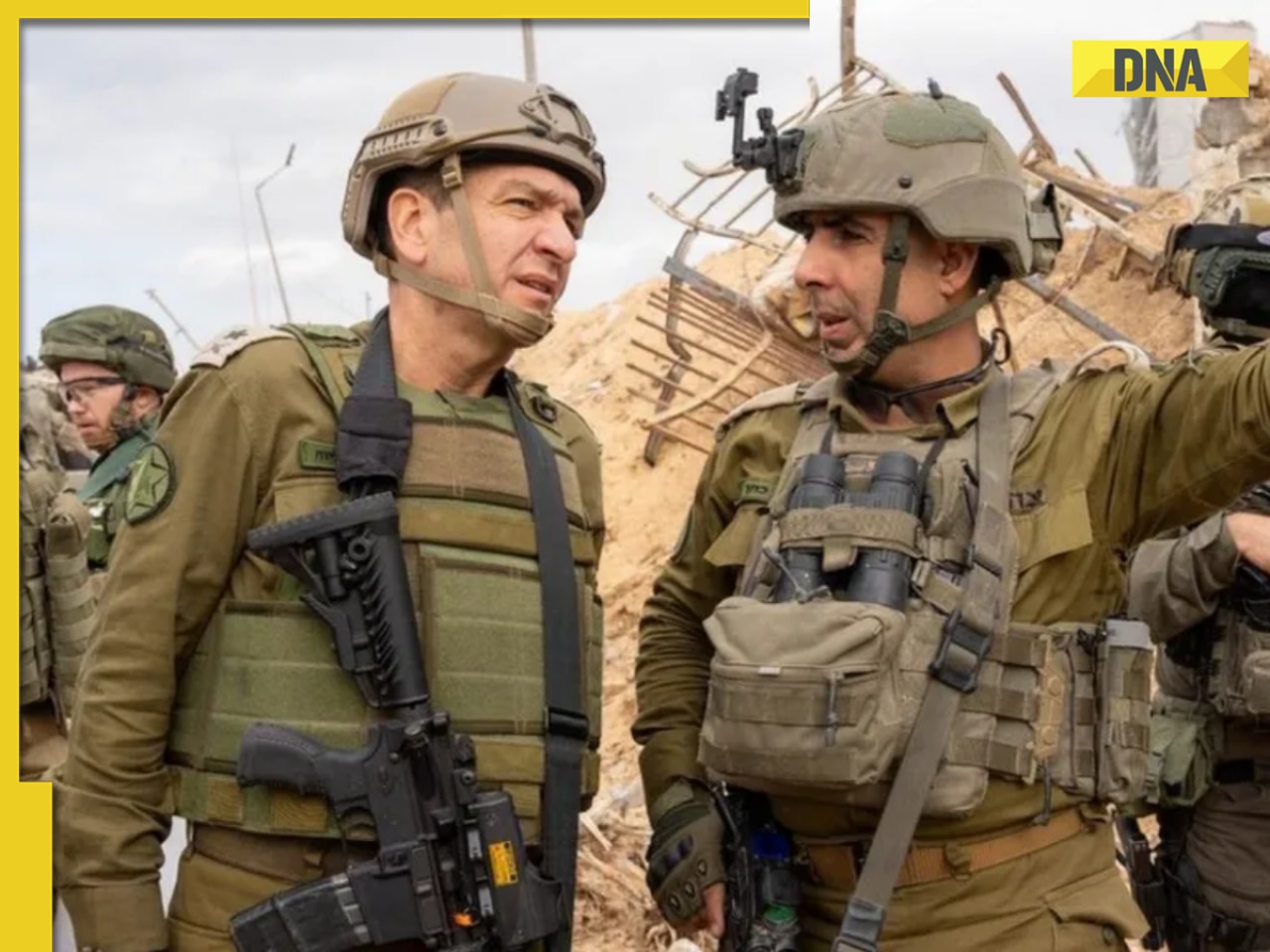The addendum responds to the urgent need of equipping adolescents with practical tools to identify signs of emotional distress, offer empathetic support, and link peers to further help, while also protecting their own boundaries and well-being.
To strengthen the support for growing mental health needs of young people, the Ministry of Health and Family Welfare (MoHFW), in collaboration with UNICEF and the National Institute of Mental Health and Neurosciences (NIMHANS), released a national fact sheet on adolescent and youth mental health together with a supplement training module, titled ‘I Support My Friends’ to the already existing adolescent peer-support module under Rashtriya Kishor Swasthya Karyakram (RKSK) programme at a national consultation in Bhopal today.
The addendum responds to the urgent need of equipping adolescents with practical tools to identify signs of emotional distress, offer empathetic support, and link peers to further help, while also protecting their own boundaries and well-being.
Adapted from a UNICEF-WHO global resource, and contextualised by NIMHANS, the one-day training is built around a Look, Listen, Link framework and uses interactive activities, scenario-based learning and guided reflection to foster emotional literacy, supportive communication, and responsible peer engagement.
Speaking at the launch event, Shri N. Shivaji Patel, Minister of State for Health, Madhya Pradesh, highlighted the importance of listening to and supporting young people, stating, “Adolescents today face immense pressures—be it from academics, families, or their social environments.
We must create systems that allow them to speak up, be heard, and feel supported. Investing in their mental well-being is not just a policy priority; it is a moral responsibility and a commitment to our shared future.”
Also, speaking on the occasion, Shri Rajendra Shukla, Hon’ble Deputy Chief Minister, Madhya Pradesh, said, “Empowering our adolescents with the tools to care for their own mental wellbeing—and that of their peers—is an investment in the future of Madhya Pradesh and the nation. With initiatives like RKSK and the new peer-support addendum, we are building a society where young people are heard, supported, and equipped to thrive.”
Dr Zoya Ali Rizvi, Deputy Commissioner for Adolescent Health, MoHFW, noted that the launch of the module forms part of a wider national vision for mental health policy and practice. She said, “India is moving toward a more integrated, youth-responsive mental health system.
Our goal is to create national guidelines that empower early prevention, strengthen local systems, and support adolescents through evidence-based tools like the peer-support module.”
Dr Pratima Murthy, Director, NIMHANS, highlighted the need to begin mental health support early and embed it into everyday settings like schools and community spaces.
“Given the complex mental health needs of young people, consultations like this—bringing together technical experts, youth, policymakers, decision-makers, and media—can play a vital role in addressing unmet needs and advancing the country’s vision of a Viksit Bharat.”
Dr Vivek Singh, Chief of Health a.i, UNICEF India, reflected on the remarkable progress India has made on mental health in recent times. “We must move from reactive care to proactive, community-rooted mental health systems. There is also need to focus on an integrated mental health framework. UNICEF is committed to support the government on this shift through scalable, youth-led approaches.”
Anil Gulati, Chief of Field Office a.i., UNICEF Madhya Pradesh, said, "State and community systems are key to translating national mental health priorities into real change for adolescents. By fostering safe spaces, training peer supporters, and enabling frontline workers, we can ensure that every young person—regardless of where they live—has access to support, understanding, and hope."
Sessions highlighted the need for early support and reducing stigma around mental health conditions such as anxiety, low self-esteem, digital addiction, depression, and self-harm among adolescents. Discussions pointed to perception, family expectations, academic pressure, and relationship conflict as key stressors. Youth advocates from across India also shared their experiences, reinforcing the importance of creating safe, supportive spaces for young people.
The launch was attended by senior officials from the Department of Health and Family Welfare, Department of School Education, and Department of Women and Child Development, Government of Madhya Pradesh, along with Dr Saloni Sidana, MD NHM MP, and Dr Syed Hubbe Ali, Health Specialist and Mr Anil Gulati, Chief of Field Office a.i, UNICEF Madhya Pradesh. Experts from institutions including AIIMS, TISS, NIMHANS, and the Centre for Mental Health Law & Policy participated.
 Good news for Railway passengers! Indian Railways rolls out new ticket booking rules for...
Good news for Railway passengers! Indian Railways rolls out new ticket booking rules for...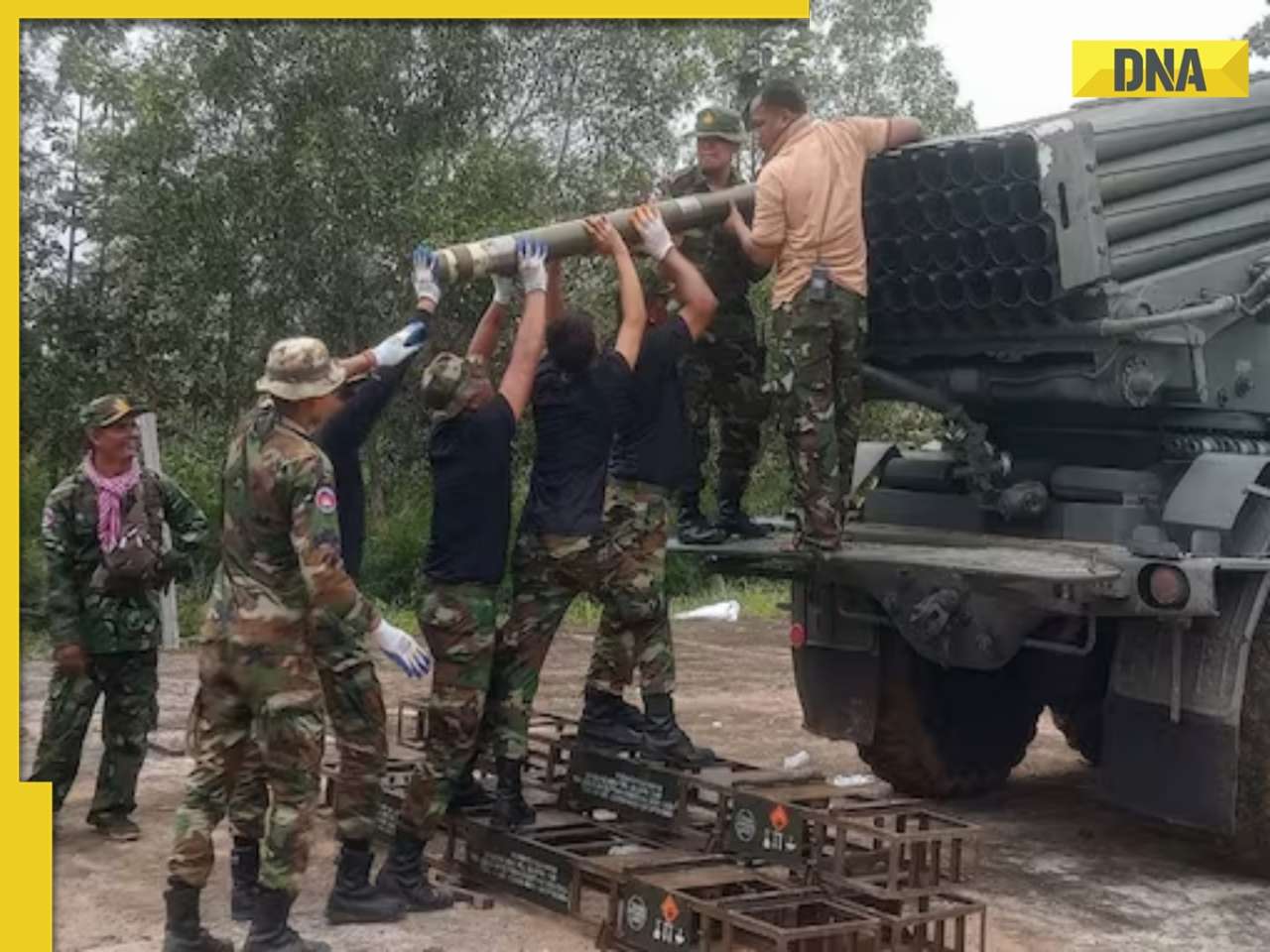 India issues advisory for Indians in Cambodia amid clash with Thailand
India issues advisory for Indians in Cambodia amid clash with Thailand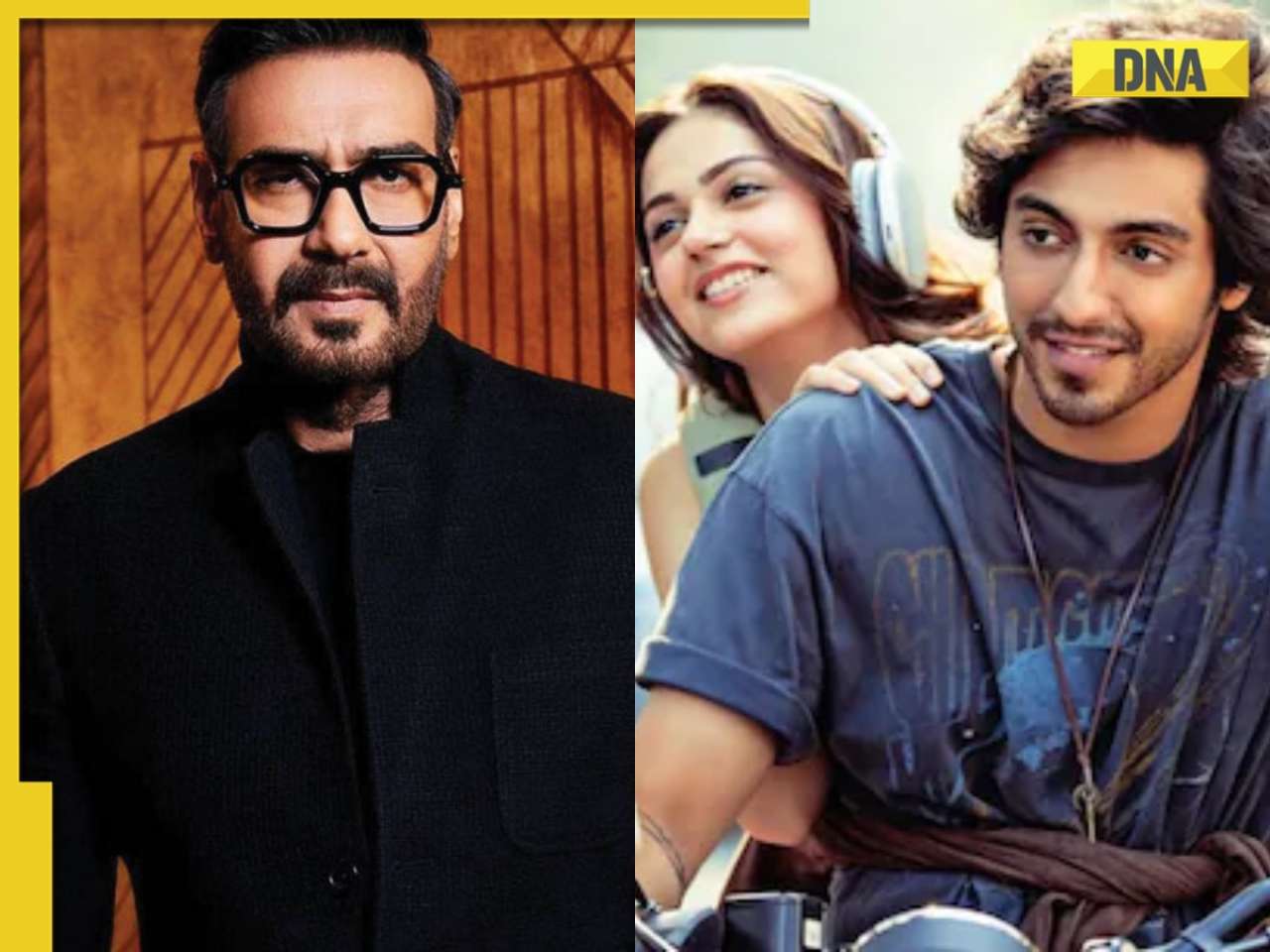 Ajay Devgn says 'you cannot be a star on day one' amid Ahaan Panday and Aneet Padda's Saiyaara success
Ajay Devgn says 'you cannot be a star on day one' amid Ahaan Panday and Aneet Padda's Saiyaara success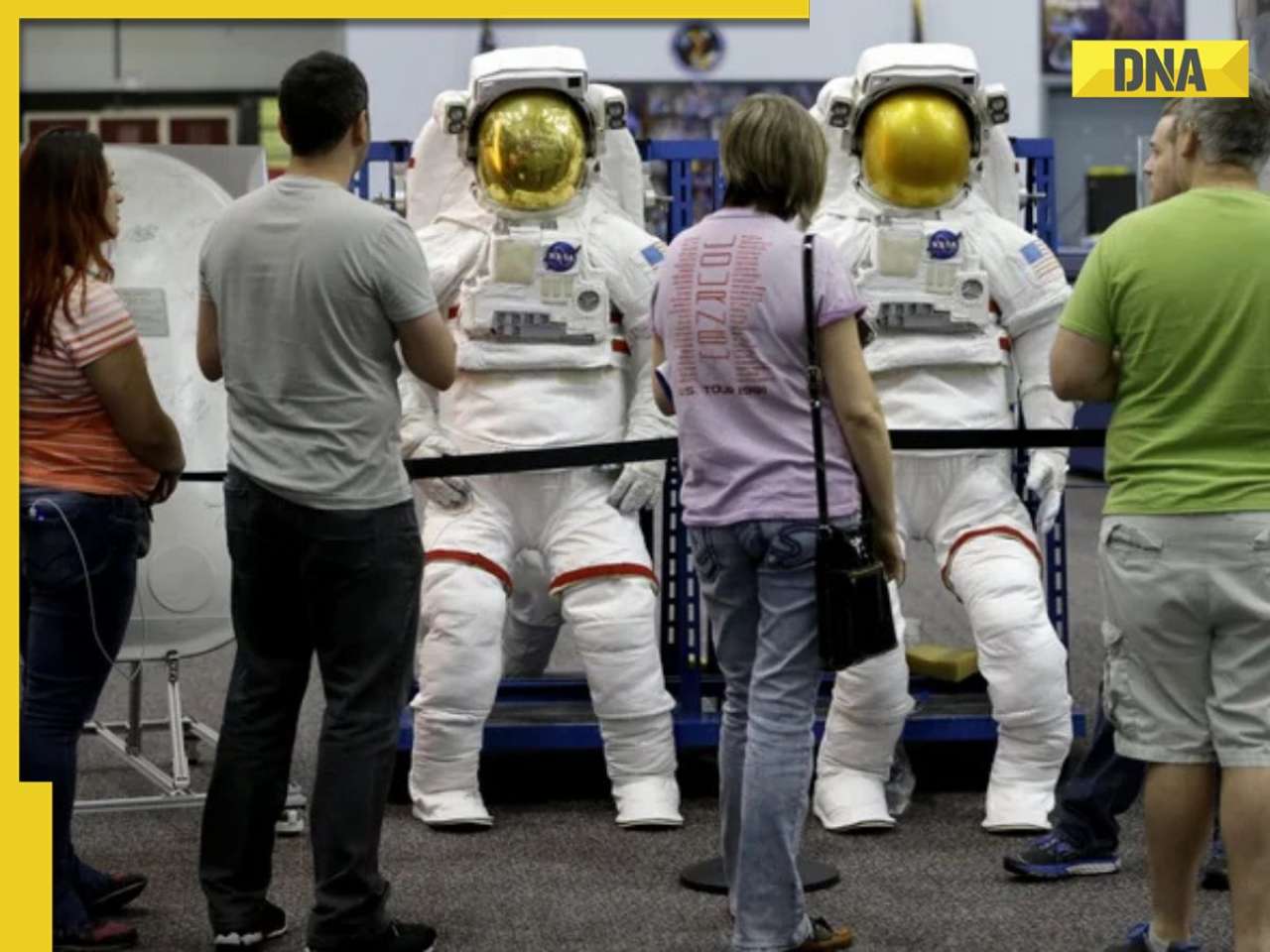 Big blow to NASA, 3870 employees opt to mass resign under Donald Trump's workforce reduction plan due to...
Big blow to NASA, 3870 employees opt to mass resign under Donald Trump's workforce reduction plan due to...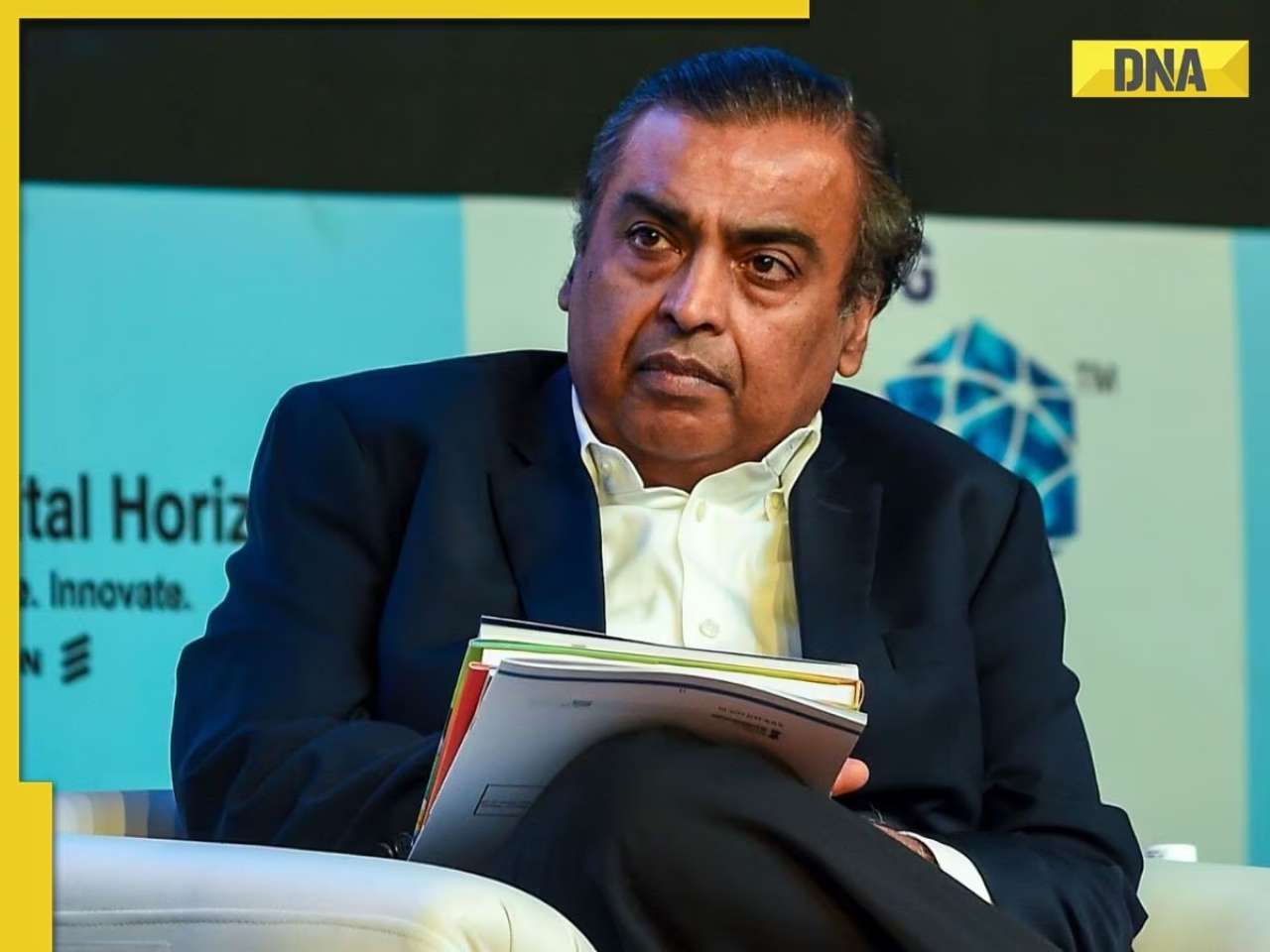 This man becomes world's highest-earning billionaire in 2025, beats Elon Musk and Jeff Bezos, Mukesh Ambani is at...
This man becomes world's highest-earning billionaire in 2025, beats Elon Musk and Jeff Bezos, Mukesh Ambani is at... Other than heart attacks or BP : 7 hidden heart conditions triggered by oily foods
Other than heart attacks or BP : 7 hidden heart conditions triggered by oily foods 7 most captivating space images captured by NASA you need to see
7 most captivating space images captured by NASA you need to see AI-remagined famous Bollywood father-son duos will leave you in splits
AI-remagined famous Bollywood father-son duos will leave you in splits 7 superfoods that boost hair growth naturally
7 superfoods that boost hair growth naturally Confused between Forex and Credit cards for your international trip? Learn which saves more
Confused between Forex and Credit cards for your international trip? Learn which saves more Tata Harrier EV Review | Most Advanced Electric SUV from Tata?
Tata Harrier EV Review | Most Advanced Electric SUV from Tata?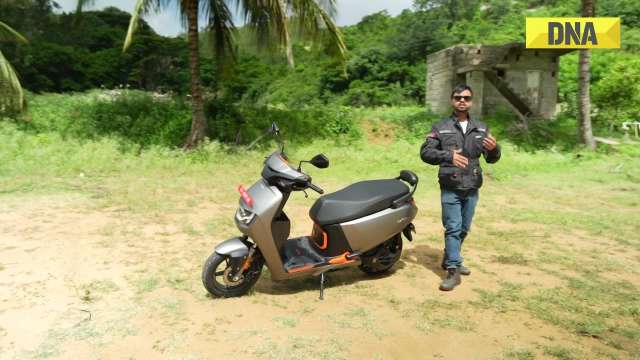 Vida VX2 Plus Electric Scooter Review: Range, Power & Real-World Ride Tested!
Vida VX2 Plus Electric Scooter Review: Range, Power & Real-World Ride Tested!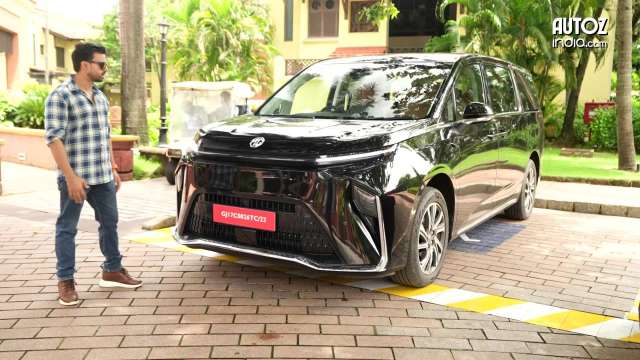 MG M9 Electric Review | Luxury EV with Jet-Style Rear Seats! Pros & Cons
MG M9 Electric Review | Luxury EV with Jet-Style Rear Seats! Pros & Cons Iphone Fold: Apple’s iPhone Fold Could Solve Samsung’s Biggest Foldable Problem | Samsung Z Fold 7
Iphone Fold: Apple’s iPhone Fold Could Solve Samsung’s Biggest Foldable Problem | Samsung Z Fold 7 Trump News: Congress Seeks Answers On Trump's Alleged Mediation In Operation Sindoor
Trump News: Congress Seeks Answers On Trump's Alleged Mediation In Operation Sindoor This man becomes world's highest-earning billionaire in 2025, beats Elon Musk and Jeff Bezos, Mukesh Ambani is at...
This man becomes world's highest-earning billionaire in 2025, beats Elon Musk and Jeff Bezos, Mukesh Ambani is at...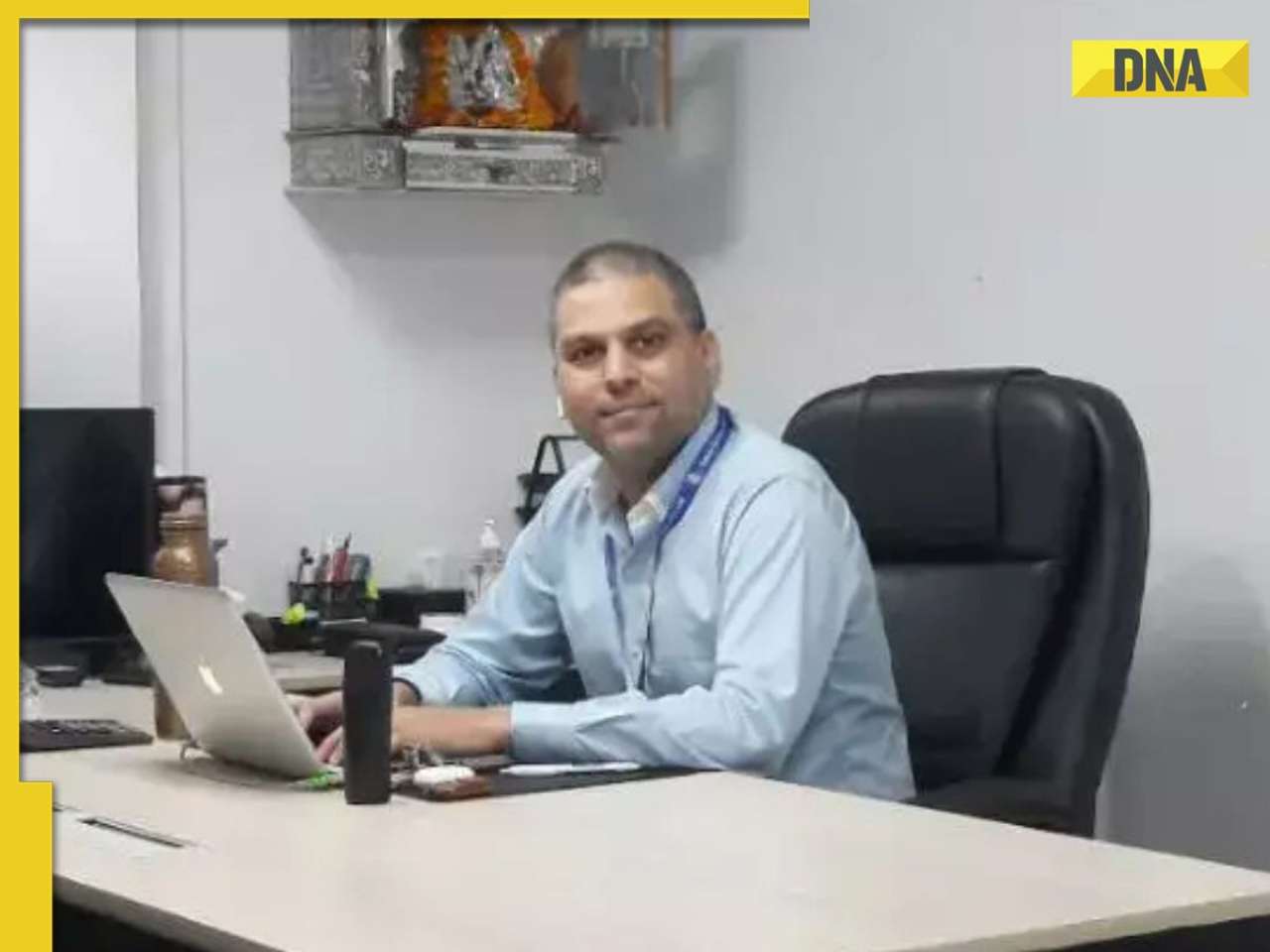 Meet man who built Rs 200,000,000 empire after two failed ventures, his business is..., net worth is Rs...
Meet man who built Rs 200,000,000 empire after two failed ventures, his business is..., net worth is Rs...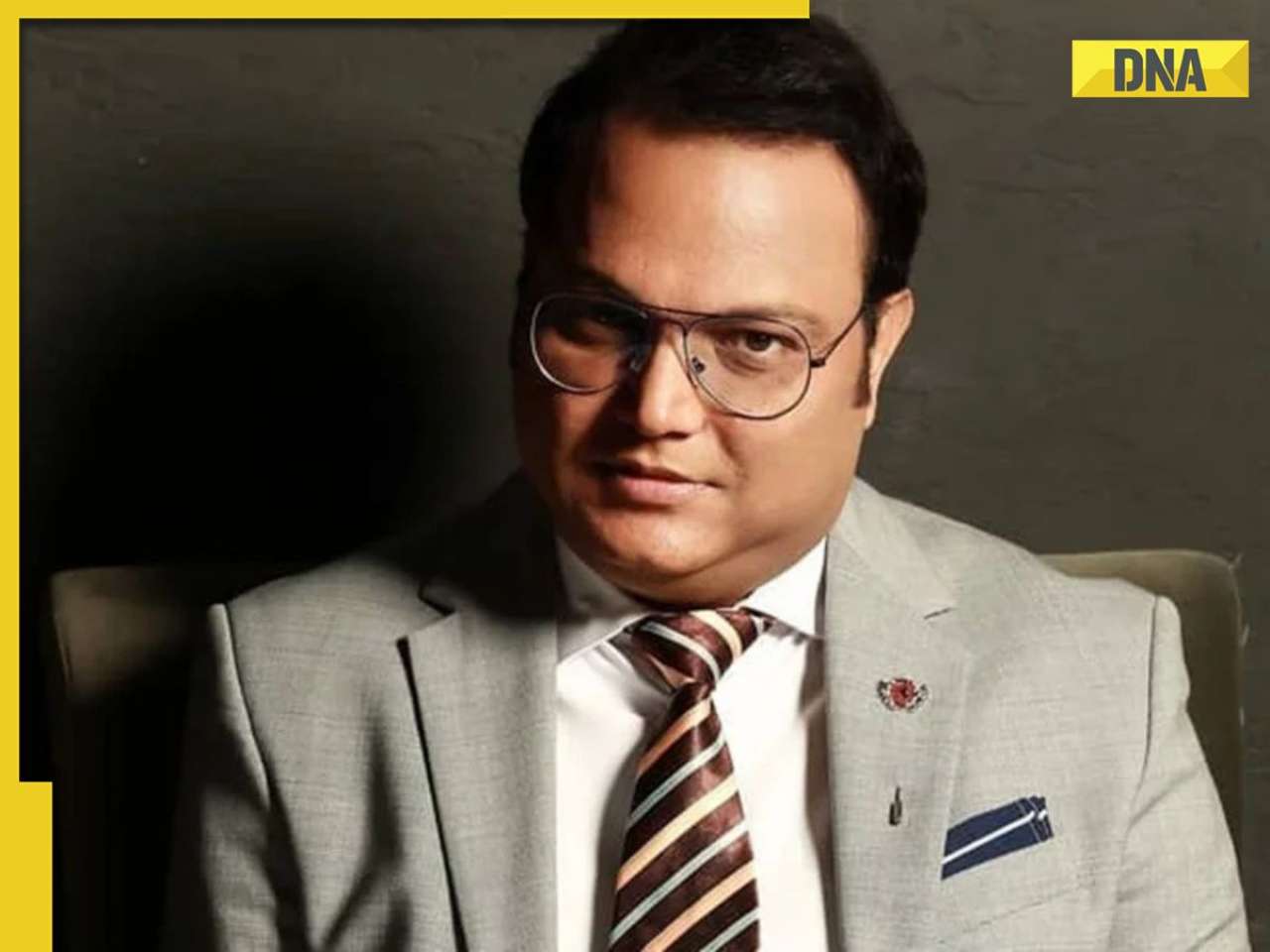 Meet man, founder of app under govt lens, also owns Rs 1000000000 business, he is..., his educational qualification is...
Meet man, founder of app under govt lens, also owns Rs 1000000000 business, he is..., his educational qualification is...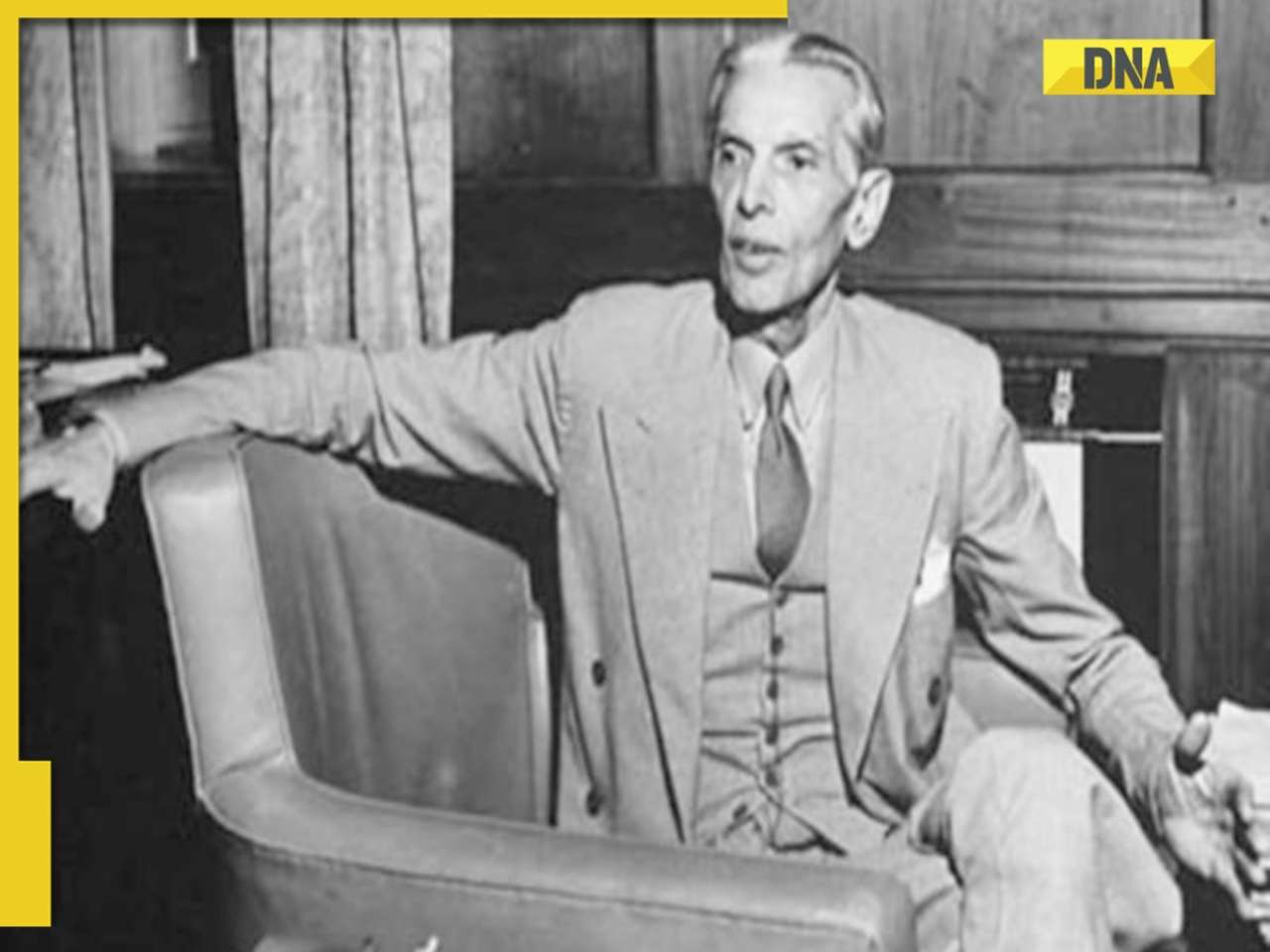 Jinnah wanted THIS Muslim man to be first Finance Minister of Pakistan, he refused, his son is on Forbes list of billionaires
Jinnah wanted THIS Muslim man to be first Finance Minister of Pakistan, he refused, his son is on Forbes list of billionaires After India-UK FTA, New Delhi to begin talks with THIS country, because...
After India-UK FTA, New Delhi to begin talks with THIS country, because... Ashish Chanchlani looks dashing as he drops latest photos from Italy, fans say 'Tom Cruise fail hai aapke saamne'
Ashish Chanchlani looks dashing as he drops latest photos from Italy, fans say 'Tom Cruise fail hai aapke saamne' Are these five vintage car museums in India a must-visit for every automobile lover?
Are these five vintage car museums in India a must-visit for every automobile lover? Riddhima Kapoor Sahni looks dreamy in pastel gold embroidered ensemble as she walks for Suneet Varma at IWC 2025; SEE PICS
Riddhima Kapoor Sahni looks dreamy in pastel gold embroidered ensemble as she walks for Suneet Varma at IWC 2025; SEE PICS Malaika Arora grabs attention with her street style moment, dons oversized denims, white tank top, luxurious mini bag worth Rs…
Malaika Arora grabs attention with her street style moment, dons oversized denims, white tank top, luxurious mini bag worth Rs…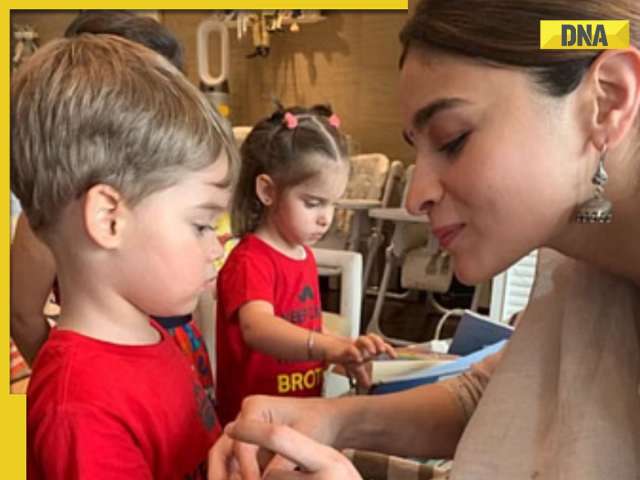 Raksha Bandhan 2025: Bollywood's sweetest 'muh-bole' sibling bonds that celebrate rakhi beyond blood
Raksha Bandhan 2025: Bollywood's sweetest 'muh-bole' sibling bonds that celebrate rakhi beyond blood Good news for Railway passengers! Indian Railways rolls out new ticket booking rules for...
Good news for Railway passengers! Indian Railways rolls out new ticket booking rules for... Kargil War Diwas: What is Operation Safed Sagar? When India dominated Pakistan with its air power during Kargil War on May 26
Kargil War Diwas: What is Operation Safed Sagar? When India dominated Pakistan with its air power during Kargil War on May 26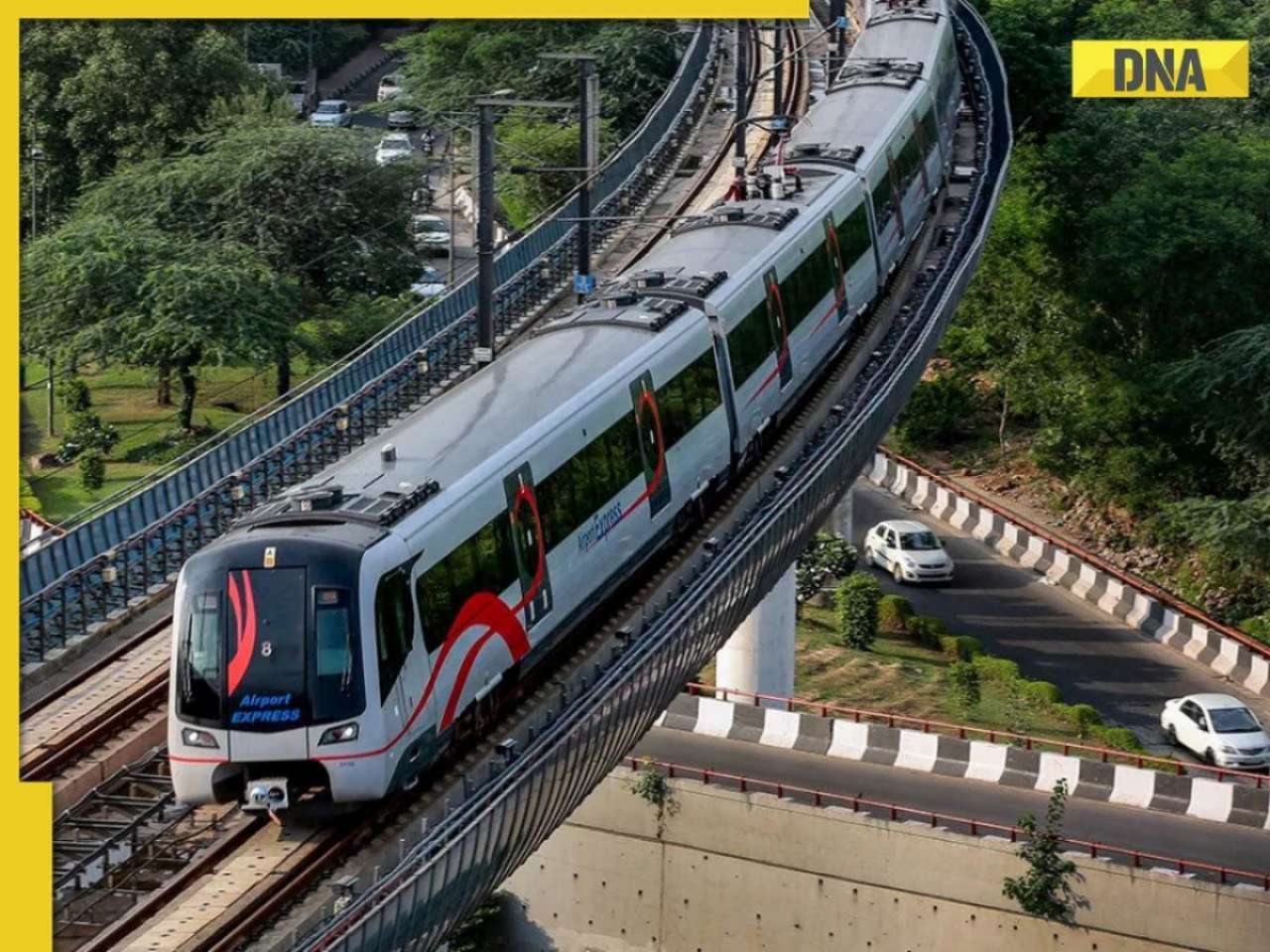 Big Boost for Ghaziabad: DMRC plans 4 metro corridors, Gokulpuri-Hindon Airport link proposed
Big Boost for Ghaziabad: DMRC plans 4 metro corridors, Gokulpuri-Hindon Airport link proposed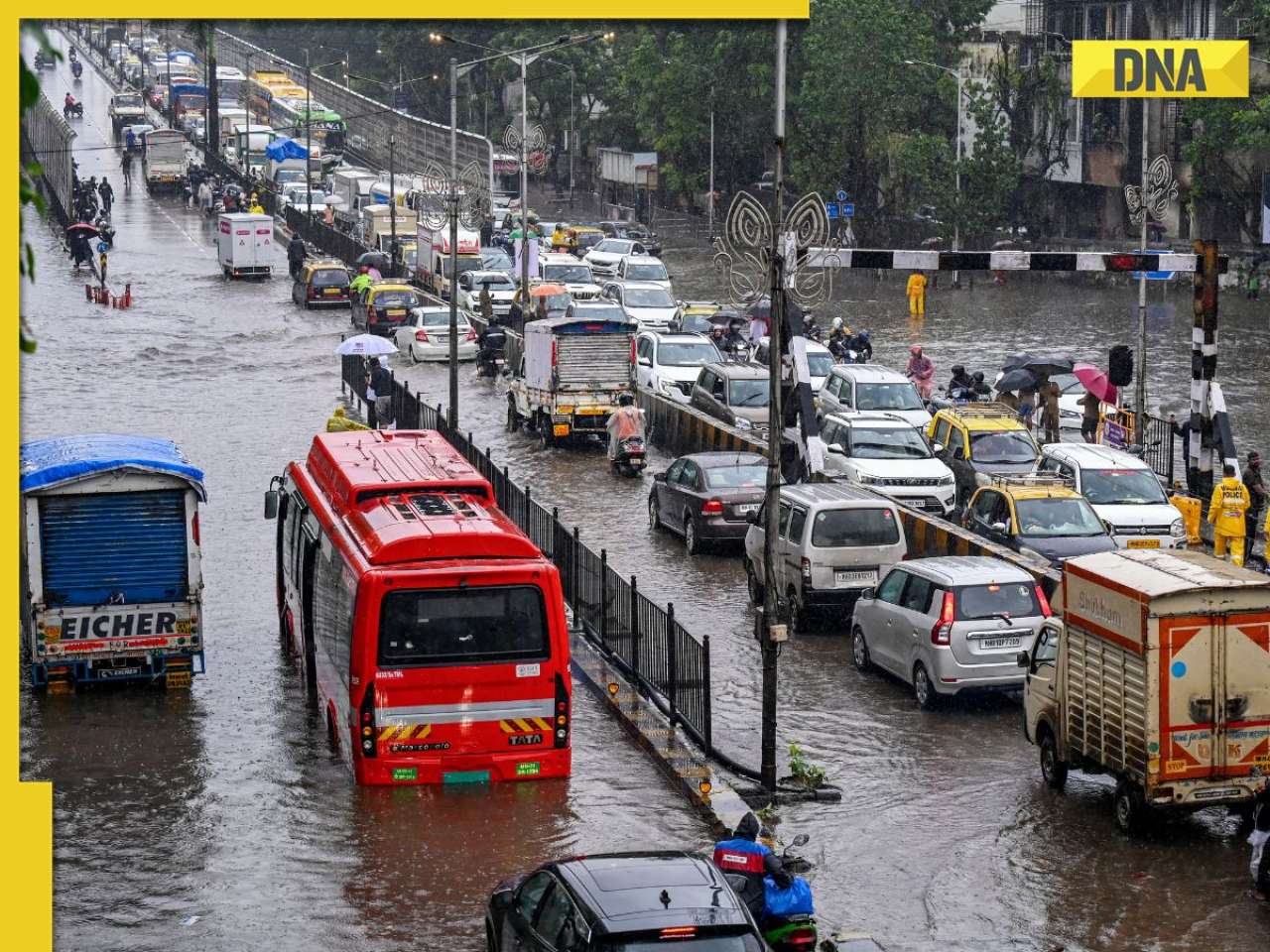 Maharashtra monsoon: IMD issues red alert in six districts, traffic chaos in Mumbai amid heavy rain; school, colleges shut in...
Maharashtra monsoon: IMD issues red alert in six districts, traffic chaos in Mumbai amid heavy rain; school, colleges shut in...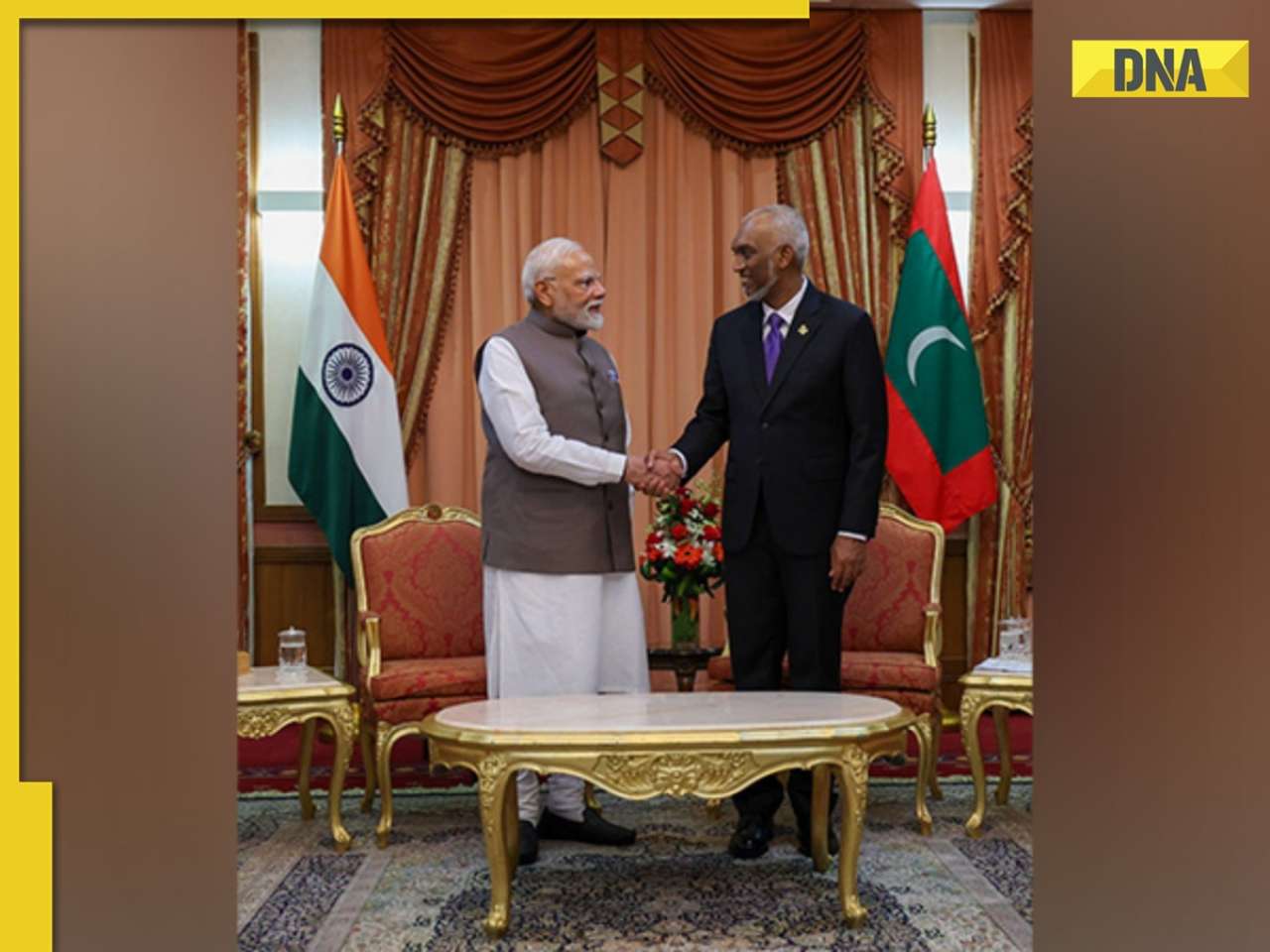 'Timely and productive visit helped review and build India-Maldives cooperation': Foreign Secy Misri on PM Modi's Maldives visit
'Timely and productive visit helped review and build India-Maldives cooperation': Foreign Secy Misri on PM Modi's Maldives visit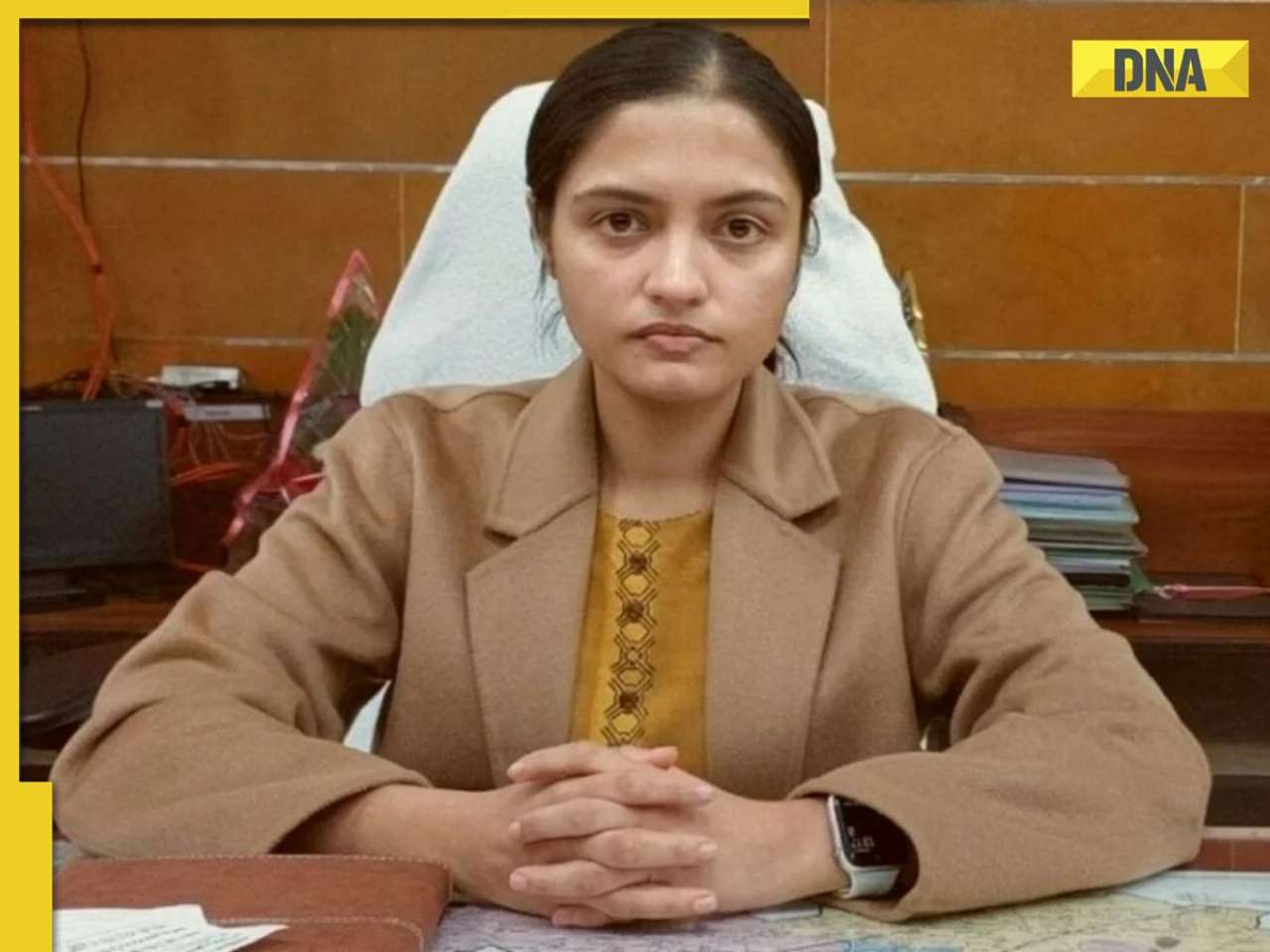 Meet woman, who studied MBBS, later cracked UPSC with AIR..., became popular IAS officer for these reasons, shares similarities with IAS Tina Dabi, she is from...
Meet woman, who studied MBBS, later cracked UPSC with AIR..., became popular IAS officer for these reasons, shares similarities with IAS Tina Dabi, she is from...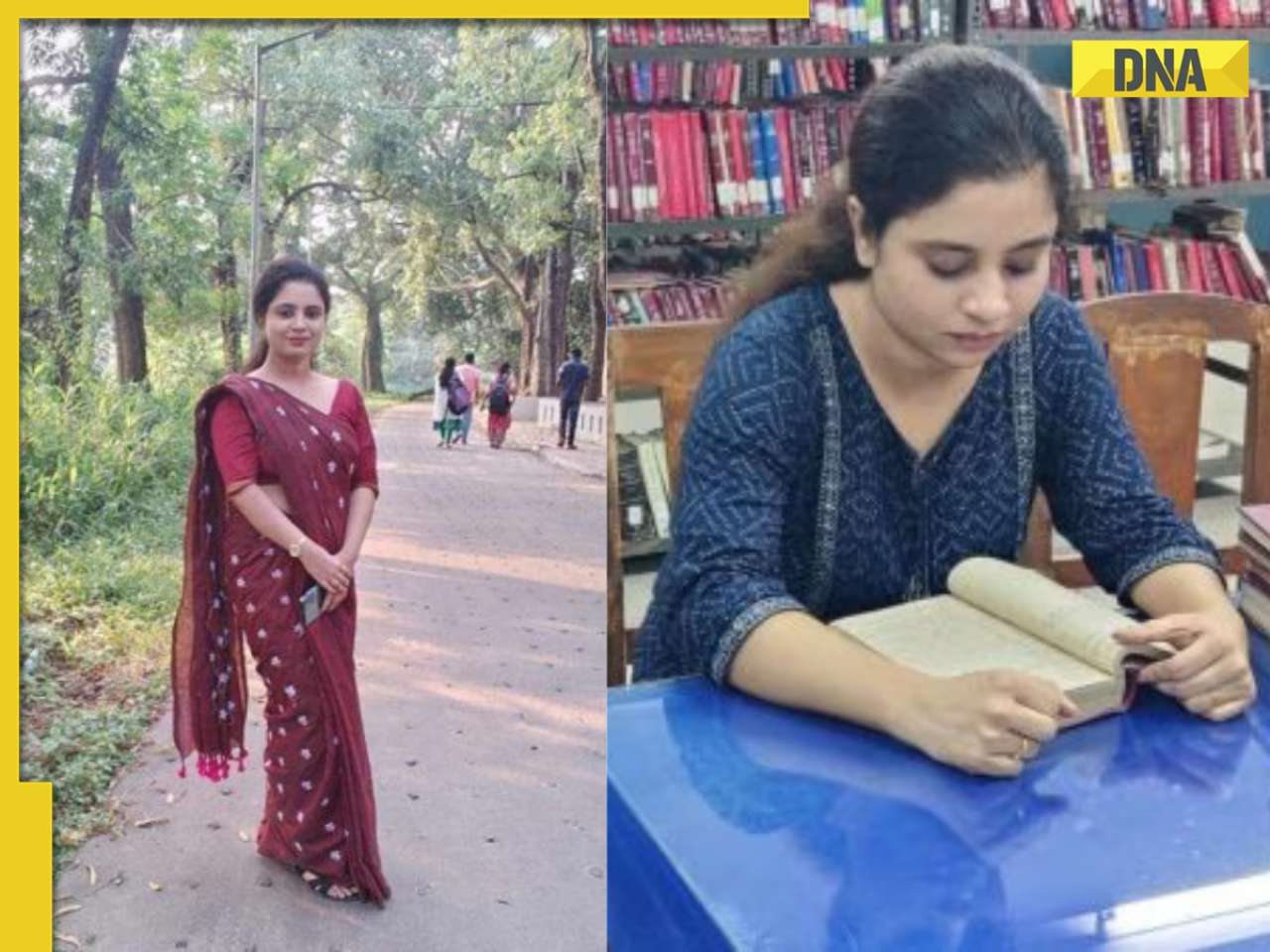 Meet Nilufa Yasmine, who topped UGC NET June exam, failed twice before scoring a perfect 100, she is from...
Meet Nilufa Yasmine, who topped UGC NET June exam, failed twice before scoring a perfect 100, she is from...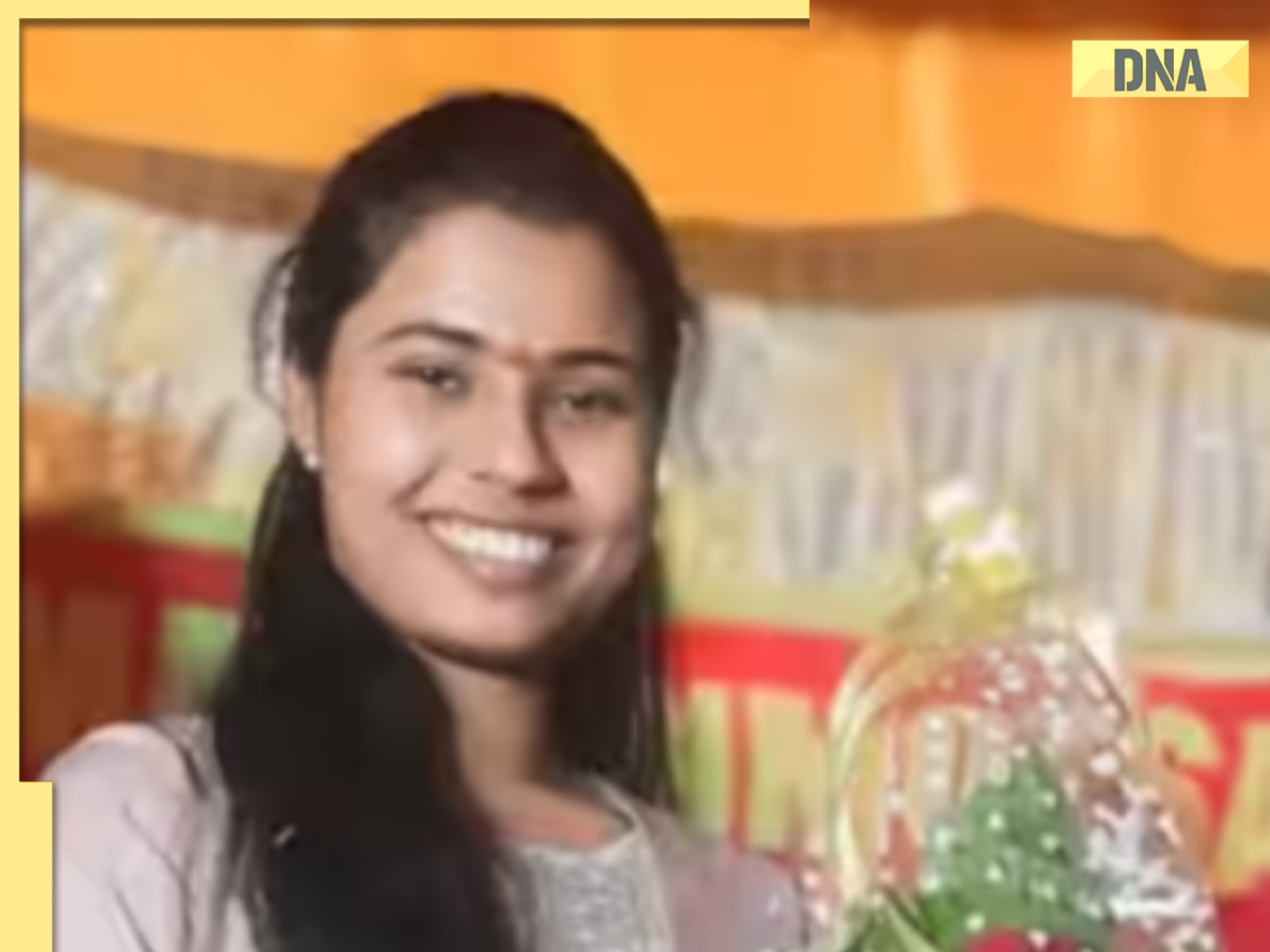 Meet woman, daughter of vegetable vendor who cracked UPSC, her mother mortgaged gold for her education, her AIR is…
Meet woman, daughter of vegetable vendor who cracked UPSC, her mother mortgaged gold for her education, her AIR is…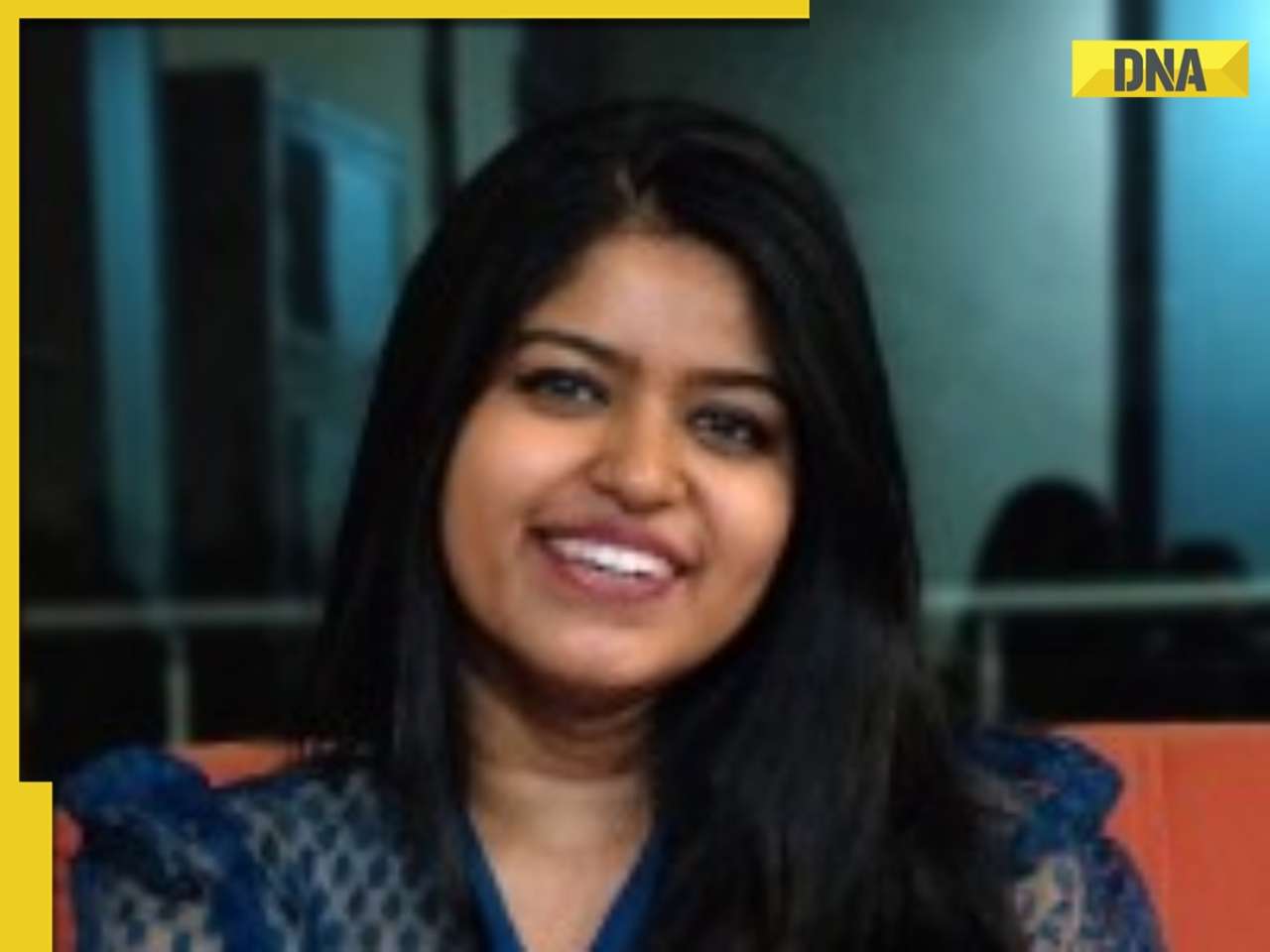 Meet woman, who cracked IIT with full-time job, secured impressive AIR of...; now works at Bill Gates' Microsoft as...
Meet woman, who cracked IIT with full-time job, secured impressive AIR of...; now works at Bill Gates' Microsoft as... Meet woman, couldn't speak English, once worked at Ratan Tata's TCS, cleared ISRO, BARC exams; later cracked UPSC with AIR..., she is...
Meet woman, couldn't speak English, once worked at Ratan Tata's TCS, cleared ISRO, BARC exams; later cracked UPSC with AIR..., she is... Maruti Suzuki's e Vitara set to debut electric market at Rs..., with range of over 500 km, to launch on...
Maruti Suzuki's e Vitara set to debut electric market at Rs..., with range of over 500 km, to launch on...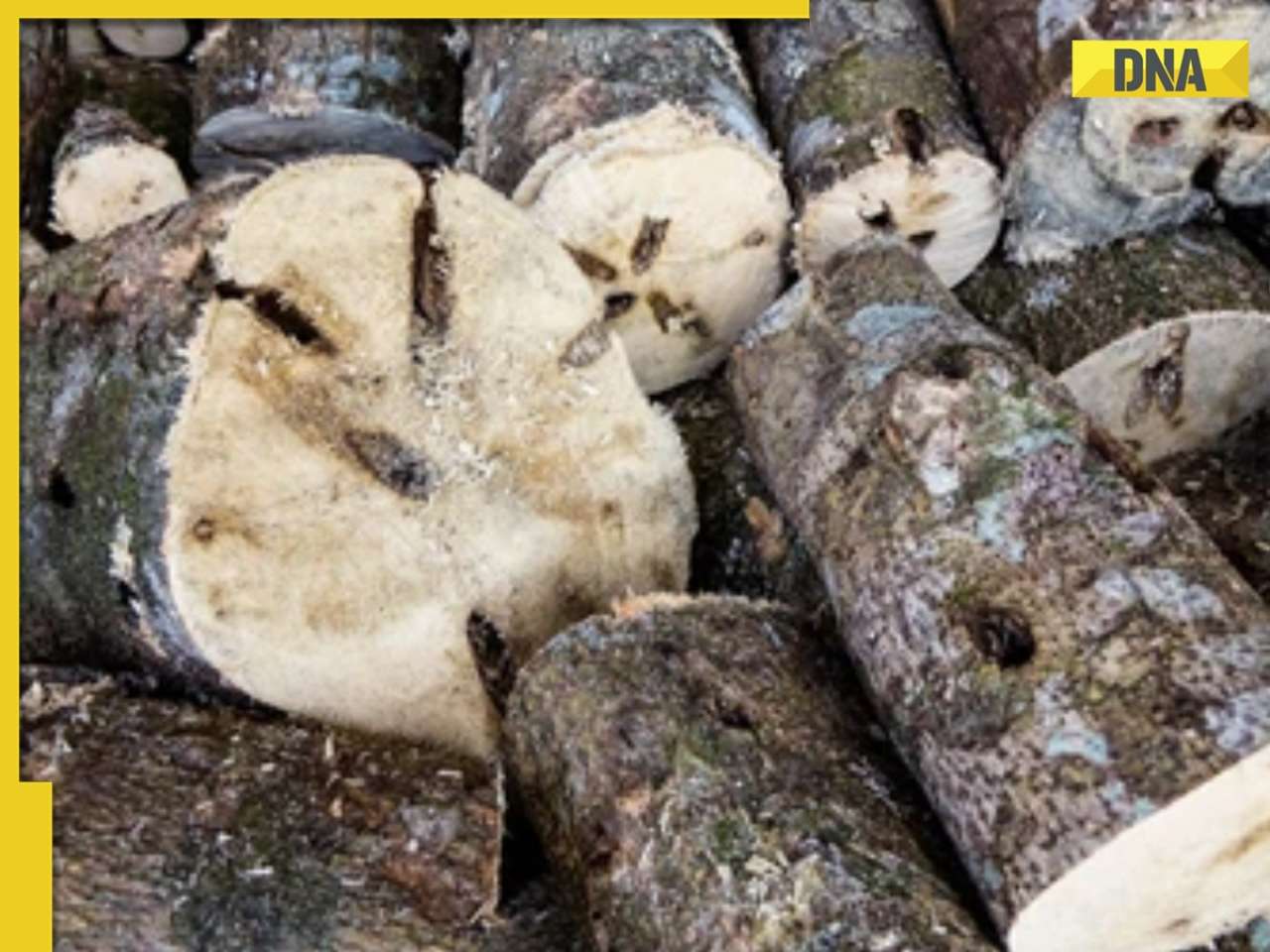 This is world’s most expensive wood, cost of 1kg wood is more than gold, its name is..., is found in...
This is world’s most expensive wood, cost of 1kg wood is more than gold, its name is..., is found in... This luxury car is first choice of Indians, even left BMW, Jaguar, Audi behind in sales, it is...
This luxury car is first choice of Indians, even left BMW, Jaguar, Audi behind in sales, it is... Kia India unveils Carens Clavis: Check features, design changes, price and more; bookings open on...
Kia India unveils Carens Clavis: Check features, design changes, price and more; bookings open on... Tesla CEO Elon Musk launches most affordable Cybertruck, but it costs Rs 830000 more than older version, it is worth Rs...
Tesla CEO Elon Musk launches most affordable Cybertruck, but it costs Rs 830000 more than older version, it is worth Rs...




)
)
)
)
)
)
)
)
)
)
)
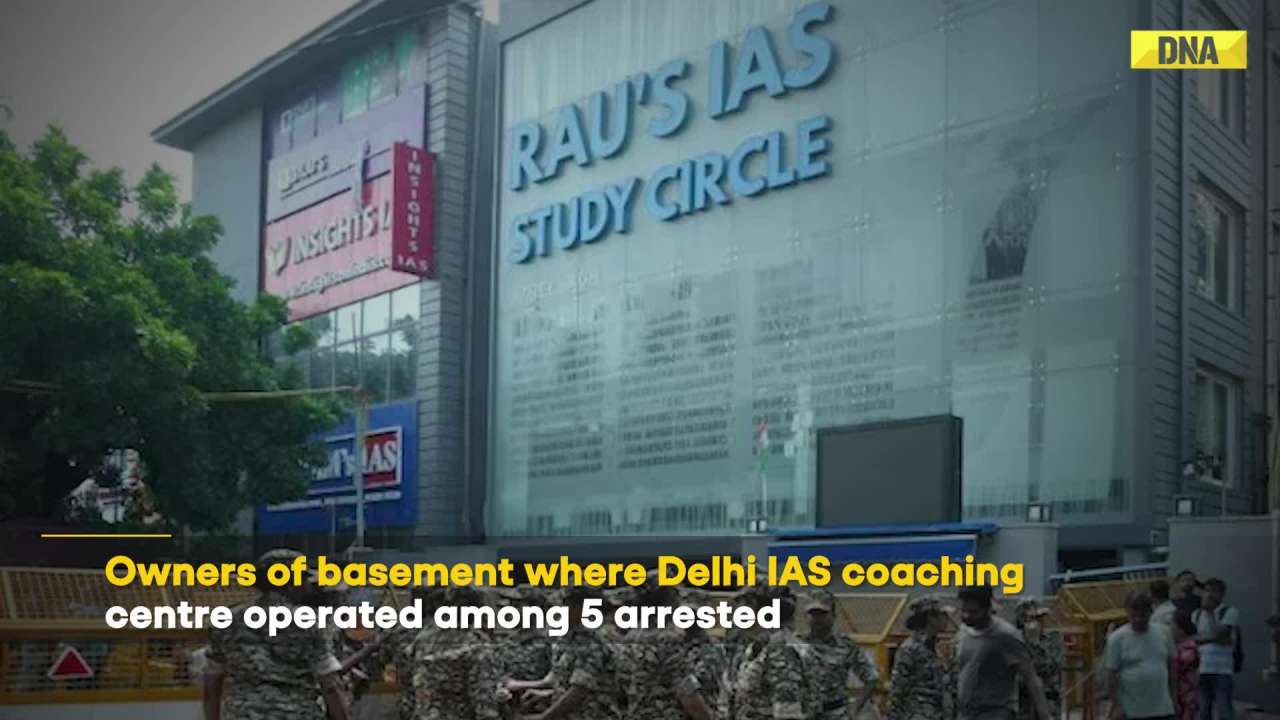)
)
)
)
)
